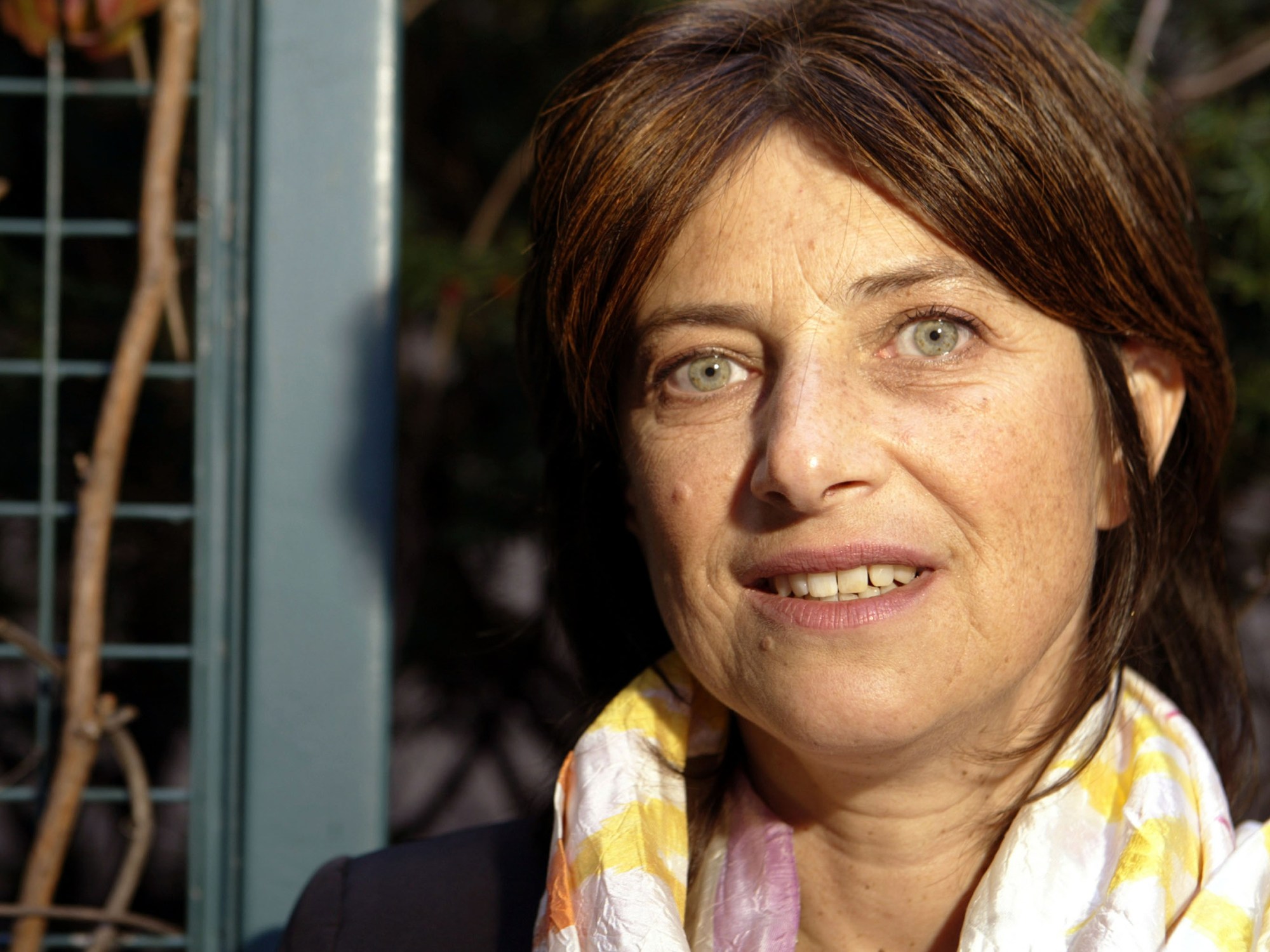
- Film
A Tribute to the Pioneer of Slow Cinema and Feminist Film: Chantal Akerman
The work of the late Belgian film director, screenwriter, artist Chantal Akerman will be honored with a restored version of the film Tout Une Nuit (1982). The exclusive screening will take place in her native town of Brussels, starting October 4. In addition, the film will be shown in cinemas in Antwerp, Mechelen, Bruges and Ghent.
On October 5, the Chantal Akerman Foundation along with various cultural groups are organizing a commemoration at Cinema Palace in Brussels, to highlight her recent discovered archived work, four never-before-seen short films, which the Brussels filmmaker made in 1967 for her entrance exam for film school INSAS. On October 8, a march will take place in Brussels, visiting all film locations of Tout Une Nuit. Belgium’s oldest and largest theatre Bozar will show the film Hôtel des Acacias, which was restored two years ago. Furthermore, The installation Self Portrait/Autobiography, an incredible installation that dates from 1998, uses multiple monitors with images that characterize Akerman’s career, will be on display in Bozar from 6 October 2022 to 15 January 2023. For Bozar this expo is a warmup as the cultural theatre of arts will host a major retrospective exhibition on the Brussels cinematographer in 2024.
On October 5, 2015, Chantal Akerman, unexpectedly took her own life in Paris, at age 65, after many years of suffering with manic depression. Akerman, born in Brussels, was the daughter of Jewish parents. Akerman had a very close relationship with her mother who had survived Auschwitz (where her own patents had died) and was captured regularly in her movies. Jewish and Holocaust themes were also often featured in her films. As a pioneer of modern feminist cinema, she worked extensively in the US and was a film professor at the City College of New York.
Perhaps her best notable work and often seen as her most famous masterpiece was her first fiction feature film Jeanne Dielman, 23 quai du Commerce, 1080 Bruxelles (1975), at the age of 25. What made this groundbreaking feature so special is that it became, a milestone in slow cinema. The film lasts almost four hours, with minute-long hypnotic shots on how protagonist Jeanne Dielman, a single mother and occasional hooker in Brussels runs her family.
Akerman’s films were filled with female characters whose inner lives were thoroughly examined. Ecstatic or crushed, tormented or strong-willed women, whose identity, sexuality and religion were studied. More often than not, Akerman opted to create scenes where her characters sit down for long periods of time and as quietly as possible. Such filming style encouraged the viewer to emerge in each character, to allow them to look inside a character’s mind, patiently, with a very slow pace, purposely aimed to capture the day-to-day ordinary life. The two minute and a half long potato peeling scene became a cult classic and held the gripping tension of a thriller, often compared by film critics with Alfred Hitchcock’s Psycho.
At the age of 16, Akerman decided to become a filmmaker after watching Jean-Luc Godard’s Pierrot le fou (1965). From early on, the artist chose to never shy away from working both in front of the camera and behind it, whatever was needed. The Belgian cineaste was petite in stature, but her presence, her raspy voice and intense bewitching eyes could command any room.
It took a while before Jeanne Dielman was finally released in the U.S (1983), but once it did, its critical reviews were praised, with The New York Times calling the picture “first masterpiece of the feminine in the history of the cinema.”
Today’s modern directors such as Kelly Reichardt, Gus Van Sant and Sofia Coppola credit their exploration of cinema to Akerman’s influence.

